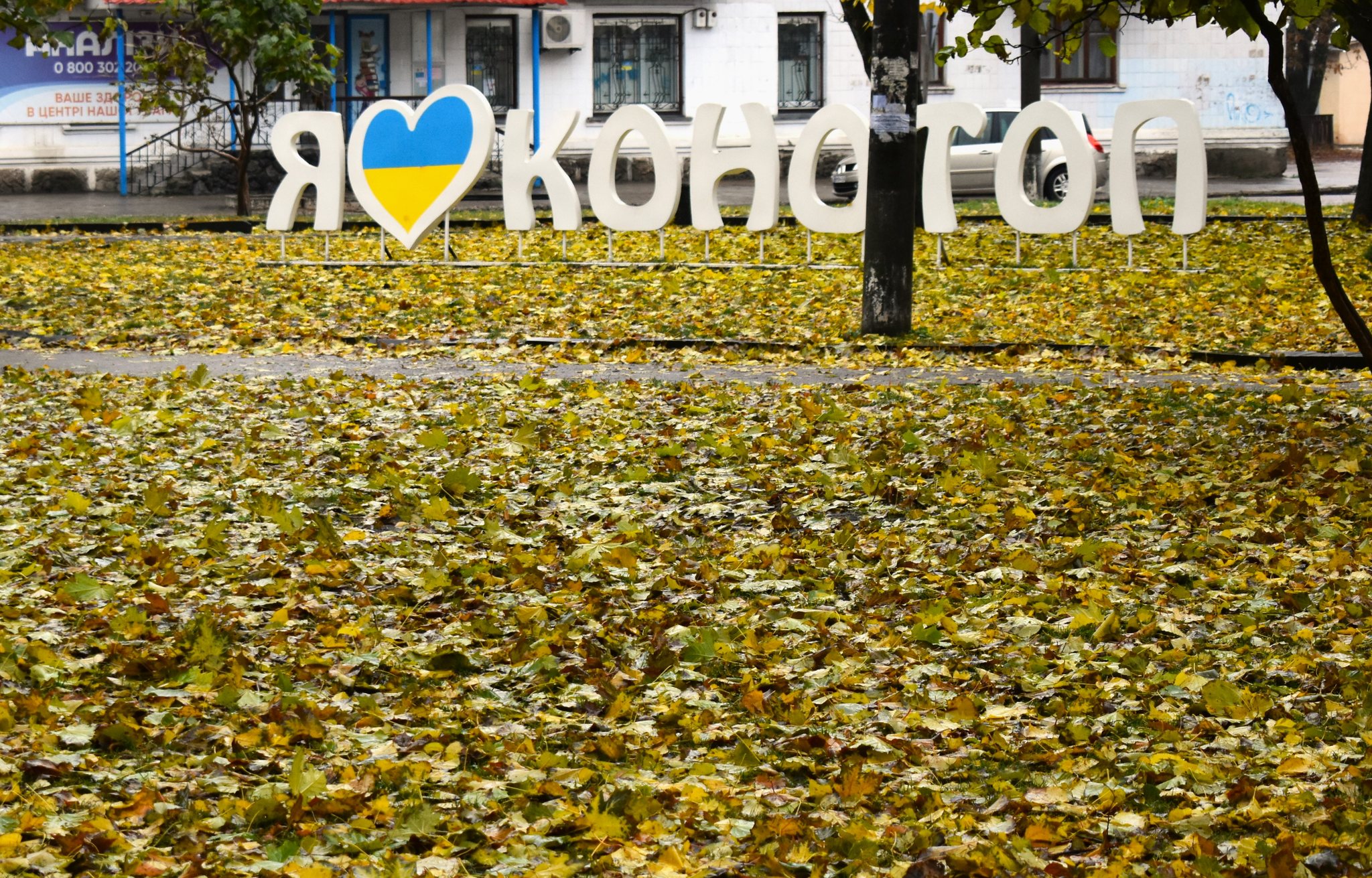Municipal democratization in Ukraine promoted in new project
Researchers from Jönköping International Business School (JIBS) at Jönköping University, in collaboration with Jönköping Municipality, are set to assist in democratizing and modernizing the public sector in the Ukrainian municipality of Konotop.
.jpg)
Konotop. Photo: Konotop City Council
In the municipality of Konotop in northeastern Ukraine, authorities, including democratically elected members of the municipal council and municipal leaders, face complex challenges. Following the Russian invasion and the subsequent period of occupation and liberation of Konotop, democratic institutions have weakened. Urgent efforts are needed to rebuild and strengthen these institutions by providing tools for both democratically elected representatives and municipal leaders. These tools aim to facilitate and organize their interactions to enhance overall functionality and efficiency.
Researchers from JIBS, along with representatives from Jönköping Municipality and Konotop Municipality, will collaborate to develop these tools. The project has received funding of one million SEK from the Swedish Institute as part of the SI Baltic Sea Neighbourhood Programme.
“It is also necessary to create a better understanding of accountability systems by (re-) establishing clear governance structures. This involves identifying and mapping the responsibilities of the legislative and executive branches within Konotop Municipality, as well as establishing strategies for accountability to each other as well as to citizens and other stakeholders,” says Timur Uman, Professor of Business Administration at JIBS and project leader.
An important step towards increased transparency and democratization
Furthermore, a deeper understanding must be developed on how the reconstructed governance and accountability systems can be communicated to citizens to encourage their participation and further promote democratization in Konotop. This is seen as a crucial model for other municipalities and areas in post-war-ravaged Ukraine. Strengthening accountability structures at the municipal level is an important step towards increased transparency and democratization, which, in the long run, can contribute to reducing corruption.
“Corruption, especially at the state and municipal levels, has been identified as a significant obstacle to Ukraine’s entry into the European Union. This project is a direct response to the EU’s concerns and addresses these needs within the municipal sector by developing tools to combat corruption,” says Timur Uman.

Photo: Konotop City Council
Consists of three modules
The project consists of three modules. The first module will be conducted online over five full days spread over three months. It will include educational activities on Swedish history and administration, concluding with Ukrainian participants comparing Swedish and Ukrainian municipal governance.
The second module takes place in Sweden over five full days and includes both education and practical activities. Ukrainian participants will listen to lectures by representatives from Jönköping Municipality and municipal companies, as well as participate in site visits. A meeting with representatives from civil society, sharing their experiences of collaboration with Jönköping Municipality, is also scheduled. Participants will conclude with a reflective assignment with concrete action points to improve accountability within Konotop Municipality, inspired by the meetings and site visits in Jönköping.
The third module will be conducted online and will focus on the follow-up of the action points.
The project group includes two representatives from JIBS, Timur Uman (Professor of Business Administration) and Yuliya Khvatsik (Assistant Professor in Law). Jönköping Municipality is represented by Chantal Coté (international strategist) and Vanessa Persson (international coordinator). Vitaly Boiko, advisor to the mayor of Konotop, is also part of the project group.
Contact
- Professor Business Administration
- Jönköping International Business School
- timur.uman@ju.se
- +46 36-10 1457
- Assistant Professor
- Jönköping International Business School
- yuliya.khvatsik@ju.se
- +46 36-10 1414

